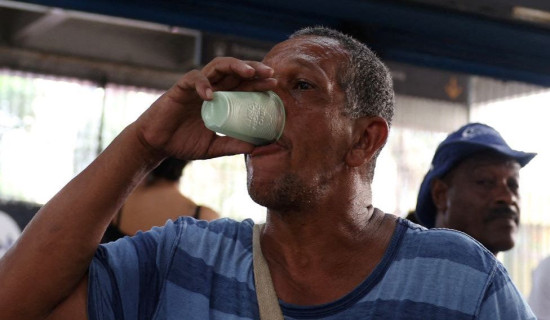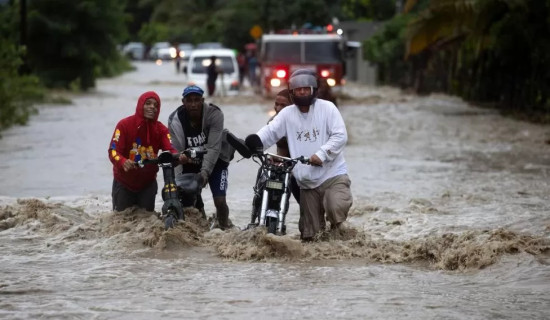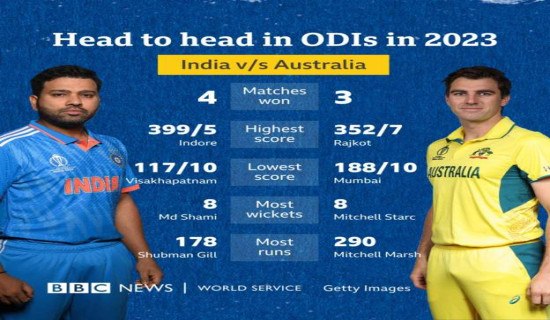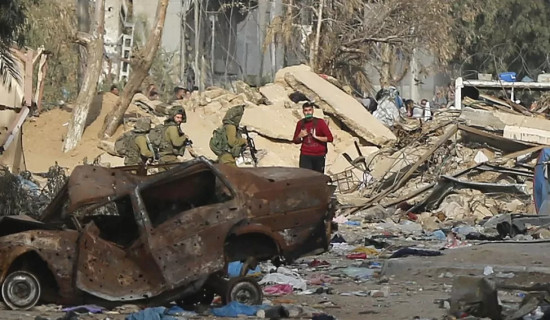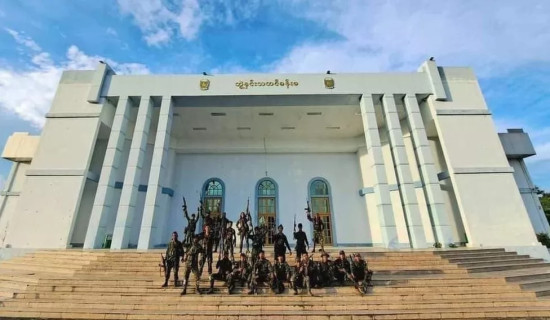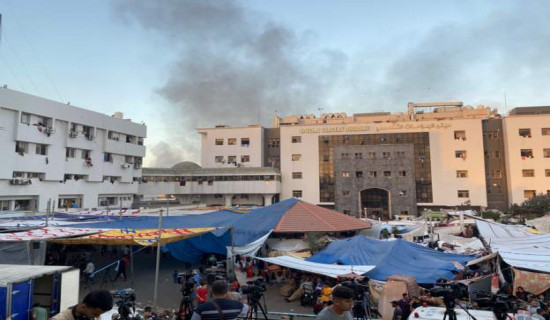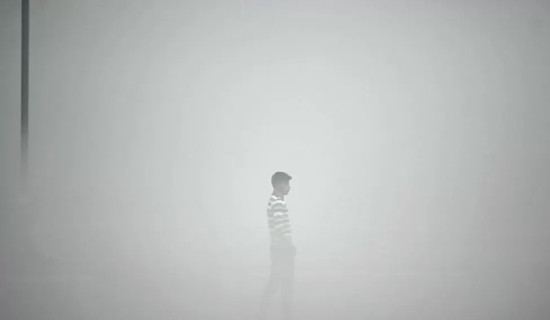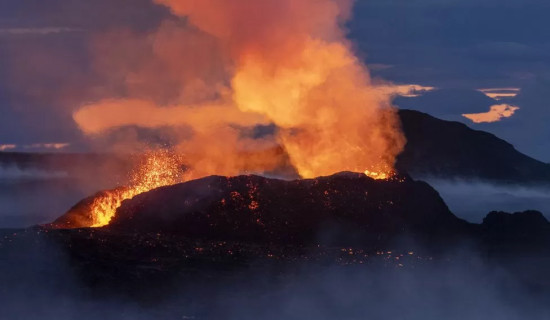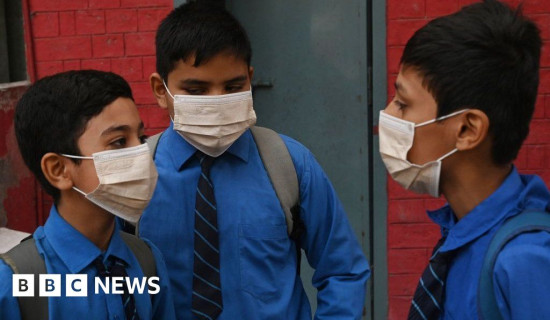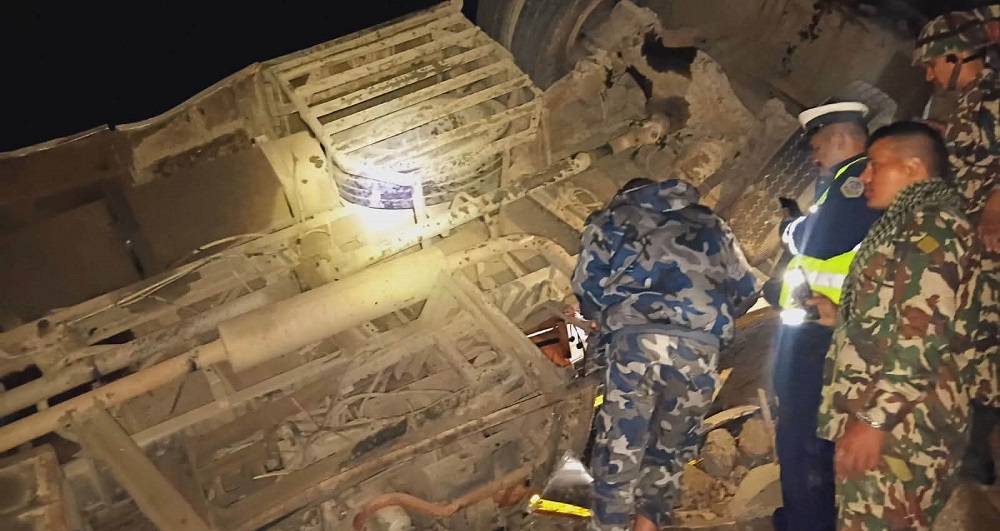- Monday, 23 February 2026
Families' relief as Israel hostages released
Families of 13 Israeli hostages released by Hamas have spoken of their relief at their return. The group, which includes young children and elderly women, are now back in Israel after being brought by the Red Cross from Gaza into Egypt.
World's biggest iceberg on the move after 30 years
The world's biggest iceberg is on the move after more than 30 years of being stuck to the ocean floor.
Anti-Islam populist Geert Wilders wins Dutch election
Veteran anti-Islam populist leader Geert Wilders has won a dramatic victory in the Dutch general election, with almost all votes counted. After 25 years in parliament, his Freedom Party (PVV) is set to win 37 seats, well ahead of his nearest rival, a left-wing alliance.
Brazil records its hottest ever temperature
Brazil has recorded its hottest-ever temperature - 44.8C (112.6F) - as parts of the country endure a stifling heatwave. The record was hit on Sunday in the town of Araçuaí, in Brazil's south-eastern state of Minas Gerais, officials said.
At least 21 killed in Dominican Republic storm
At least 21 people have died in the Dominican Republic after heavy rain over the weekend which displaced thousands of residents, officials say.
Australia win the toss and bowl
Boos around the stadium as Australia win the toss and Pat Cummins opts to bowl first. Australia captain Pat Cummins: "I think they would have gone crazy whatever I said.
India and Australia vie for cricket World Cup glory
Hosts India are taking on Australia in the World Cup final this afternoon. The match is going to be played in Ahmedabad city at the Narendra Modi stadium, the world’s largest cricket venue.
WHO says Gaza's main hospital a 'death zone'
The World Health Organization (WHO) has described al-Shifa hospital in Gaza City as a "death zone" after a visit to the complex.
Two million displaced as Myanmar conflict spreads: UN
The United Nations Secretary-General Antonio Guterres has expressed his deep concern over the escalating conflict in Myanmar.
US warning as Israel storms Gaza's main hospital
Israel says its military is carrying out an operation against Hamas in Al-Shifa Hospital in Gaza City. An eyewitness inside the hospital tells the BBC they saw tanks and commando soldiers enter its main emergency department.
Rescuers race to save workers trapped in India tunnel
Rescuers are racing to save 40 workers trapped inside a collapsed tunnel in the northern Indian state of Uttarakhand since Sunday morning.
Toxic haze in Delhi after Diwali festival
Residents of India's capital, Delhi, woke up to smoky skies as air quality dropped after the festival of Diwali.
Indians celebrate the sparkling festival of lights
Diwali celebrates the triumph of good over evil. People light up their homes with small oil lamps called diyas and paper lanterns to signal the victory of light over darkness and joy over sadness.
Iceland declares emergency over volcano threat
Iceland has declared a state of emergency after a series of earthquakes raised fears of a volcanic eruption.
Toxic smog chokes Pakistan and shuts cities
Toxic smog in eastern Pakistan has made thousands of people sick, forcing authorities to shut some cities for the rest of the week. Smog in the country's second-largest city Lahore has risen to dangerous levels.





